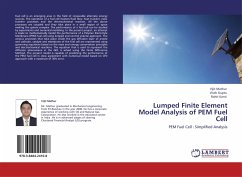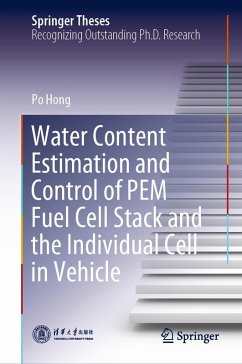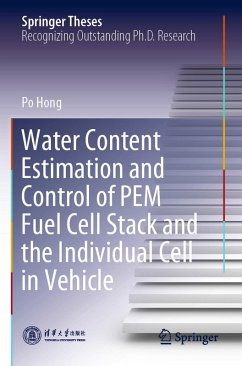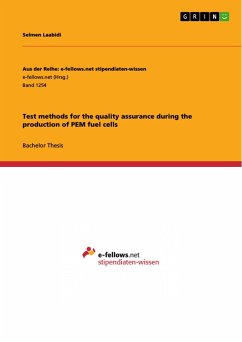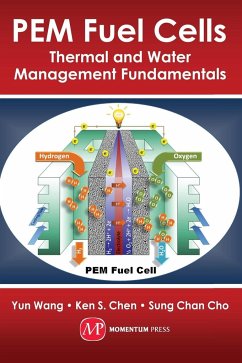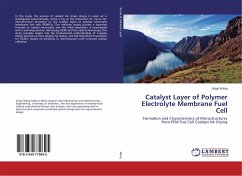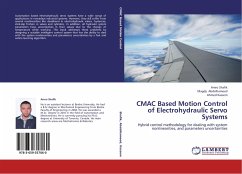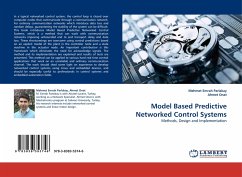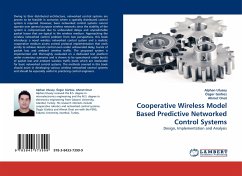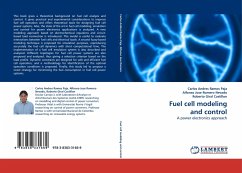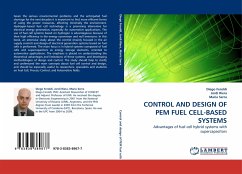
CONTROL AND DESIGN OF PEM FUEL CELL-BASED SYSTEMS
Advantages of fuel cell hybrid systems with supercapacitors
Versandkostenfrei!
Versandfertig in 6-10 Tagen
39,99 €
inkl. MwSt.

PAYBACK Punkte
20 °P sammeln!
Given the serious environmental problems and the anticipated fuel shortage for the next decades it is important to find more efficient forms of using the power resources, affecting minimally the environment. Hydrogen-based fuel cell technology is a promising alternative for electrical energy generation, especially for automotive applications. The use of fuel cell systems based on hydrogen is advantageous because of their high efficiency in the energy conversion and null emissions. In this book, an extensive study about the control (mainly focused in the air supply control) and design of electr...
Given the serious environmental problems and the anticipated fuel shortage for the next decades it is important to find more efficient forms of using the power resources, affecting minimally the environment. Hydrogen-based fuel cell technology is a promising alternative for electrical energy generation, especially for automotive applications. The use of fuel cell systems based on hydrogen is advantageous because of their high efficiency in the energy conversion and null emissions. In this book, an extensive study about the control (mainly focused in the air supply control) and design of electrical generation systems based on fuel cells is performed. The main focus is in hybrid systems composed of fuel cells and supercapacitors as energy storage elements, oriented to automotive applications. The emphasis is placed on understanding the theoretical advantages and limitations of these systems, and developing methodologies of design and control. The study should help to clarify and understand the main concepts about fuel cell control and design, and should be especially useful to researchers, specialists and students on Fuel Cell, Process Control, and Automotive fields.



